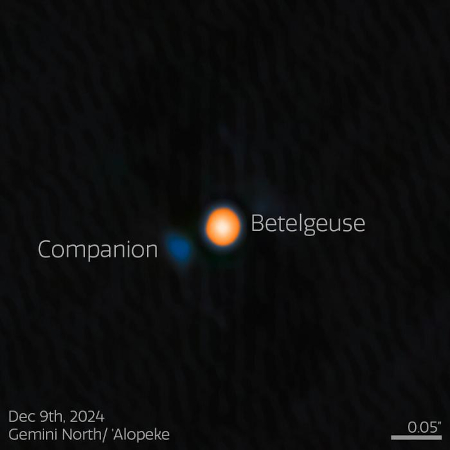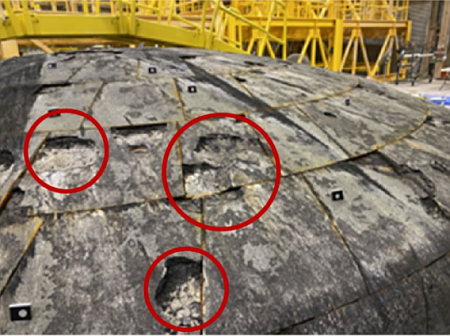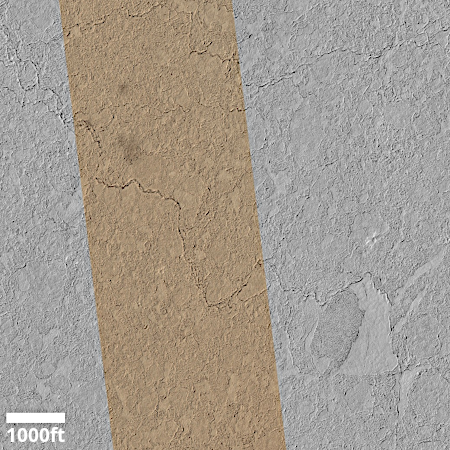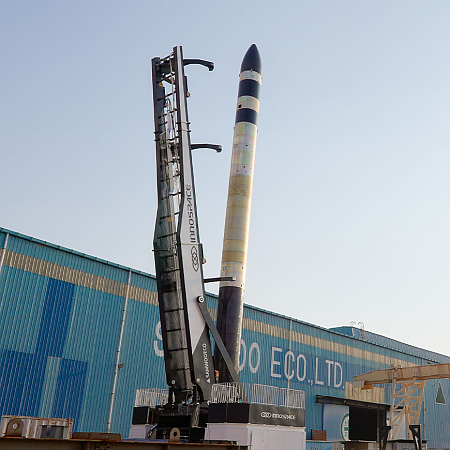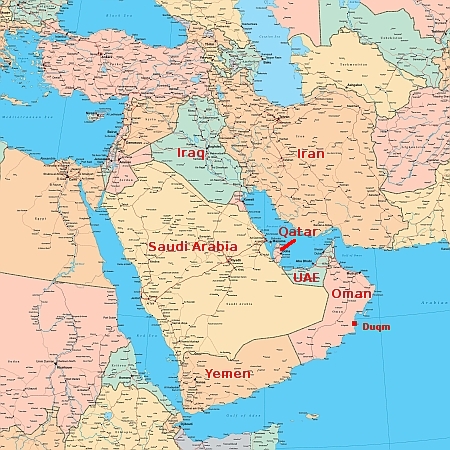European companies Airbus, Leonardo, and Thales merge their satellite divisions
The three European aerospace companies Airbus, Leonardo, and Thales today confirmed previous rumors and announced they are merging their satellite divisions into a new company, dubbed Project Bromo, in order to better compete with the giant satellite constellations in the U.S. and China.
The preliminary deal wraps up months of three-way talks and clears the path to create a single company with annual revenue of about €6.5 billion ($7.5 billion). Airbus will own 35% of the group, with the other two partners each holding 32.5% stakes, according to a joint release.
The alliance, dubbed Project Bromo, is seen as a key litmus test for Europe to consolidate its fragmented defense and space industries to better compete with US and Chinese competitors. It aims to unify Europe’s satellite efforts and provide more autonomy in a segment that has become commercially and geopolitically vital.
These companies are coming to this competition very late in the game. SpaceX already has more than 8,000 satellites in orbit, and new constellations by Amazon and several Chinese pseudo-companies have already begun launching satellites. Moreover, this smacks more of a consolidation resulting from these three companies inability to compete, rather than an effort to establish a new company capable of doing so.
The three European aerospace companies Airbus, Leonardo, and Thales today confirmed previous rumors and announced they are merging their satellite divisions into a new company, dubbed Project Bromo, in order to better compete with the giant satellite constellations in the U.S. and China.
The preliminary deal wraps up months of three-way talks and clears the path to create a single company with annual revenue of about €6.5 billion ($7.5 billion). Airbus will own 35% of the group, with the other two partners each holding 32.5% stakes, according to a joint release.
The alliance, dubbed Project Bromo, is seen as a key litmus test for Europe to consolidate its fragmented defense and space industries to better compete with US and Chinese competitors. It aims to unify Europe’s satellite efforts and provide more autonomy in a segment that has become commercially and geopolitically vital.
These companies are coming to this competition very late in the game. SpaceX already has more than 8,000 satellites in orbit, and new constellations by Amazon and several Chinese pseudo-companies have already begun launching satellites. Moreover, this smacks more of a consolidation resulting from these three companies inability to compete, rather than an effort to establish a new company capable of doing so.

